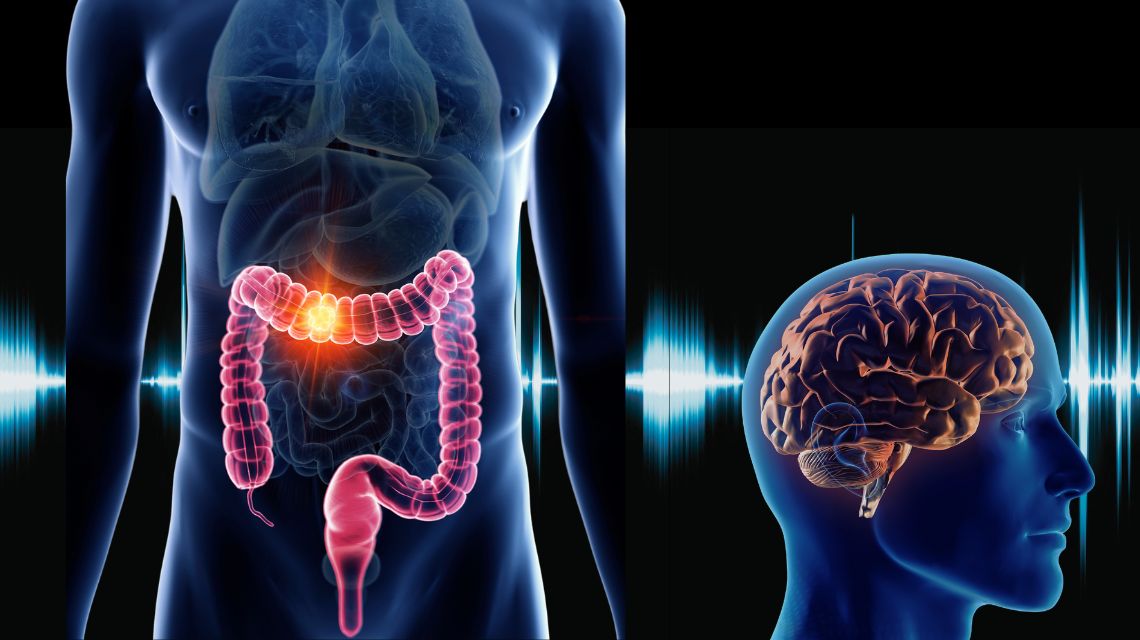Italian National Agency for New Technologies, Energy and Sustainable Economic Development

Health: ENEA, intestinal inflammation affects the brain
A study conducted at the ENEA Laboratory of Biomedical Technologies suggests that inflammation of the intestine is associated with impaired cognition processes. In particular, chronic and acute colitis disrupts the formation of new neurons (neurogenesis) within the hippocampus. The findings of the study were published in “Neural Regeneration Research”.
“In recent years, the interaction between the intestine and the brain has become a topic of growing interest and various studies highlighted how altered to the microbiota composition[1] can cause obesity, diabetes and autoimmune diseases, but can also be associated with mental and cognitive disorders like anxiety, depression, panic attacks and neurodegenerative diseases such as Parkinson's and Alzheimer's. However, the mechanisms of this interaction still remain largely unknown", explained Simonetta Pazzaglia, head of the ENEA Laboratory of Biomedical Technologies and co-author of the study with Roberta Vitali, Clara Prioreschi, Eleonora Colantoni, Daniela Giovannini, Sarah Frusciante, Gianfranco Diretto, Mariateresa Mancuso and Arianna Casciati.
The laboratory findings show that colitis is associated with neuroinflammation and significant alterations in the formation of new neurons in the hippocampus. Research also reveals that in the presence of intestinal inflammation, a chemical alteration is observed in the metabolism of amino acids, lipids and vitamin B1 (thiamine), the latter being necessary for proper functioning of the brain, heart and nervous system. “These alterations[2] are related to pathologies such as irritable bowel syndrome, Crohn's disease, ulcerative colitis, colorectal cancer and autism, confirming that other types of mental disorders could be associated with intestinal inflammation and metabolic imbalance”, said Simonetta Pazzaglia.
However, it has not yet been possible to clearly demonstrate whether disruption of the gut-brain axis can facilitate the onset of brain tumors (oncogenesis), like medulloblastoma, although this hypothesis is currently related to tumors of the gastrointestinal tract.
“These findings indicate that intestinal inflammation is not an isolated phenomenon, but can affect body health, altering metabolites that can impact the brain. Studying the mechanisms that regulate this complex bidirectional communication network between the two organs will be very useful for identifying new therapeutic strategies for intestinal inflammation, correctly reintegrating the bacterial flora or using new generation drugs or even molecules of natural origin", pointed out the ENEA researcher.
Scientific evidence gained over the last decade has suggested that this link may also represent a new therapeutic target for the treatment of neurodegenerative diseases. “Treating the specific intestinal microbiota of patients could also alleviate neurological symptoms in neurodegenerative diseases like Alzheimer’s and Parkinson’s'” said Simonetta Pazzaglia.
The incidence of inflammatory bowel disease in industrialized countries is high and has been constantly rising in emerging economies, where patients often have to bear additional costs associated with "comorbidities", i.e. the coexistence of several different pathologies in the same individual, which in this case concerns mental disorders. International research has highlighted a double rate of depression in patients with intestinal inflammation and an increased risk of intestinal cancer (and a variety of extra-intestinal malignancies), which represents the second most common cause of death after cardiovascular diseases.
